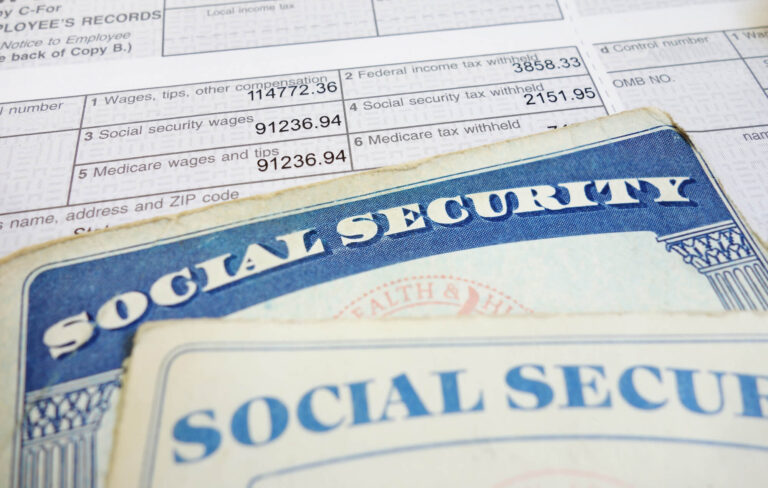Social Security Deferral Program
September 14, 2020

The IRS released notice 2020-65 on Friday, August 28th. This was in accordance with President Donald Trump's August 8th, 2020, memorandum. This notice delayed the due date for payment obligations for the 6.2% Social Security payroll tax and withholdings for eligible employees. This delay applies to wages paid between September 1, 2020 and December 31, 2020. It’s important to note that the employer’s portion of the withholding is not delayed, only the employee’s withholdings. This means employers could stop withholding payroll taxes from qualified employees’ checks beginning September 2020.
Things To Know About The Social Security Deferral Program
Employees Will Still Owe the Deferred Amount
It’s important to note that employees will still be responsible for those taxes as this isn’t a withholding forgiveness, but a deferral. Employees will have to pay the amount not withheld by the end of April 2021.
The Employer Could Owe Employees’ Unpaid Social Security During Collection Period
Although the employee is responsible to repay their deferred social security amount by April 2021, there is a scenario where an employer will be on the hook for said payment. For example, if an employee opts to defer their payments from September 1, 2020 through December 31, 2020 and then changes jobs and is no longer employed by the same employer during the collection period of January 1, 2010 to April 30, 2021, the employer would have to pay any deferred amounts not paid by said employee. Although arrangements can be made to collect these deferred amounts from previous employees, it does present a possible problem for many employers to consider.
Employers Have The Option of Allowing Employees to Elect Deferment or Not to Defer
Employers are not required to allow their employees to defer their 6.2% Social Security withholdings. If an employer allows the deferment option, then each employee would then be able to determine if they want to defer their Social Security withholdings. Many employers are expected to opt out of the deferment option, simply because of the tax implications it can have for the future tax year if the employees are no longer working with their company. However, others plan to offer it as a way to get their employees a little extra in their paycheck, at least for some time to help make ends meet.
This is Tax Deferment NOT Tax Forgiveness
While it would be nice to have tax forgiveness overall, that is not what this program involves. It is strictly a tax deferment. It allows employees some breathing room between now and next tax season when they would owe these withholdings. If employees are struggling financially, it can be a help, but it’s important for all employees and employers to understand that the tax withholdings will still come due, the payment won’t just go away. For example, if an employee defers their withholdings from September 1, 2020 through December 31, 2020, they will need to repay whatever that 6.2% withholding spanning that time would have amounted to before April 30th 2021. This could mean they will have to pay double the amount of Social Security for a span of time as they would be paying their regularly withheld amount on top of the deferred amount they now owe.
Who is Eligible For Tax Deferment?
Any employee who makes less than $4,000 bi-weekly or the equivalent in various types of payroll, such as a $2,000 weekly limit, would qualify for tax deferment. If employees’ salary varies on a weekly basis, their eligibility will also vary.
If you want to know more about the Social Security Deferral Program, please contact Yulonda Michaels at ylam@cpspeo.com or call 1-800-339-3548 for more information.
Hear From Our Customers
Read what our clients say about our Payroll and Human Resource services.
